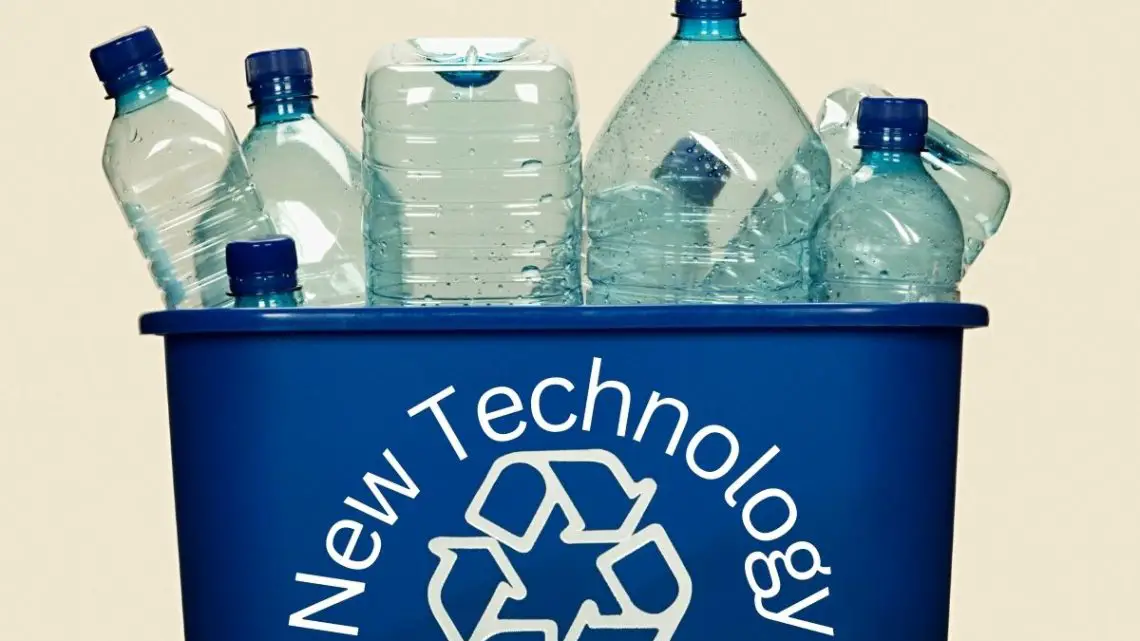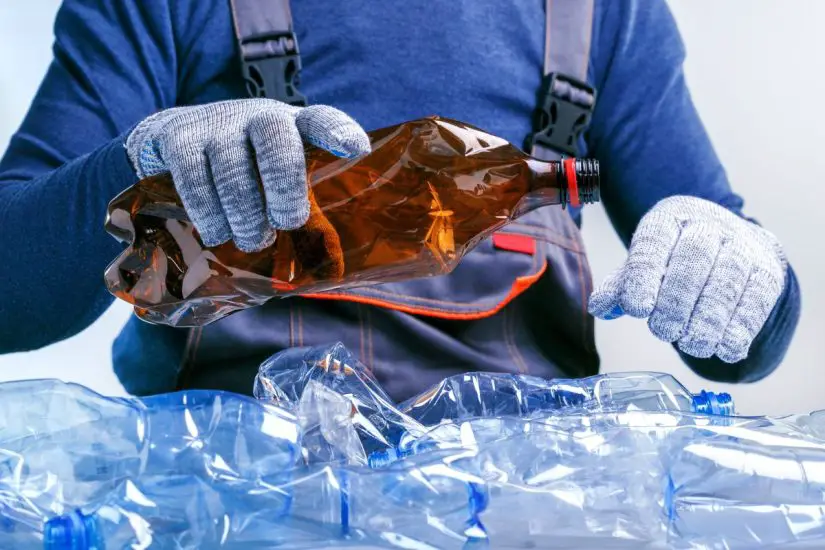
New artificial intelligence recycling technology can sort plastics on its own
September 19, 2022The AI is meant to help the world overcome its struggle with sending recyclable plastics to landfills.
New recycling technology has been developed using artificial intelligence to help programs to sort plastics effectively and affordably in order to stop recyclable materials from being sent to landfills.
Only a portion of the plastics people separate from their trash actually avoids landfills.
Even though many people with municipal programs carefully sort through their waste, much of the plastic they think is being recycled is still finding its way to the landfill. Among the biggest problems is that once the trash has been collected, the individual plastics must still be sorted. On a massive scale and with cost as a concern, recycling technology has not reached the point that many plastics will end up anywhere but in a landfill.

Without proper quick and easy sorting, it becomes difficult, slow, and expensive to try to process all the recycled materials. It becomes impossible to keep up with the incoming waste to be sorted and very expensive when much of it must be accomplished by hand. Failing to do so and mixing the wrong plastics means that the remade plastics will be flawed and will not perform as needed, wasting the entire batch as well as the energy and resources required to produce it.
Using AI recycling technology may help to overcome this challenge and boost program efficiency.
“The recycling process is quite complicated. If you go to the supermarket or for the daily recycling you need to know how to properly place all the recyclable (items), like bottles or others, into the right bins. You need to know the labels, know the icons,” explained University of Technology Sydney School of Electrical and Data Engineering’s Dr. Xu Wang.
This being the case, Dr. Wang led a team of the university’s researchers from the Global Big Data Technologies Centre (GBDTC) in the development of a “smart bin capable of automatically sorting the plastics it receives.
The bin uses a spectrum of different forms of recycling technology including robotics, machine vision and artificial intelligence.
“This machine can classify different (types) of waste including glasses, metal cans and plastics,” explained Wang. This includes the different forms of plastics including PET and HDPE.



 With over 15 years of reporting hydrogen news, we are your premier source for the latest updates and insights in hydrogen and renewable energy.
With over 15 years of reporting hydrogen news, we are your premier source for the latest updates and insights in hydrogen and renewable energy.
[…] Related Article […]
[…] Source link […]
[…] Source link […]
[…] Source link […]
Keen to know more details for end user implementation. Can we have the coordinates of the designer / manufacturer please.